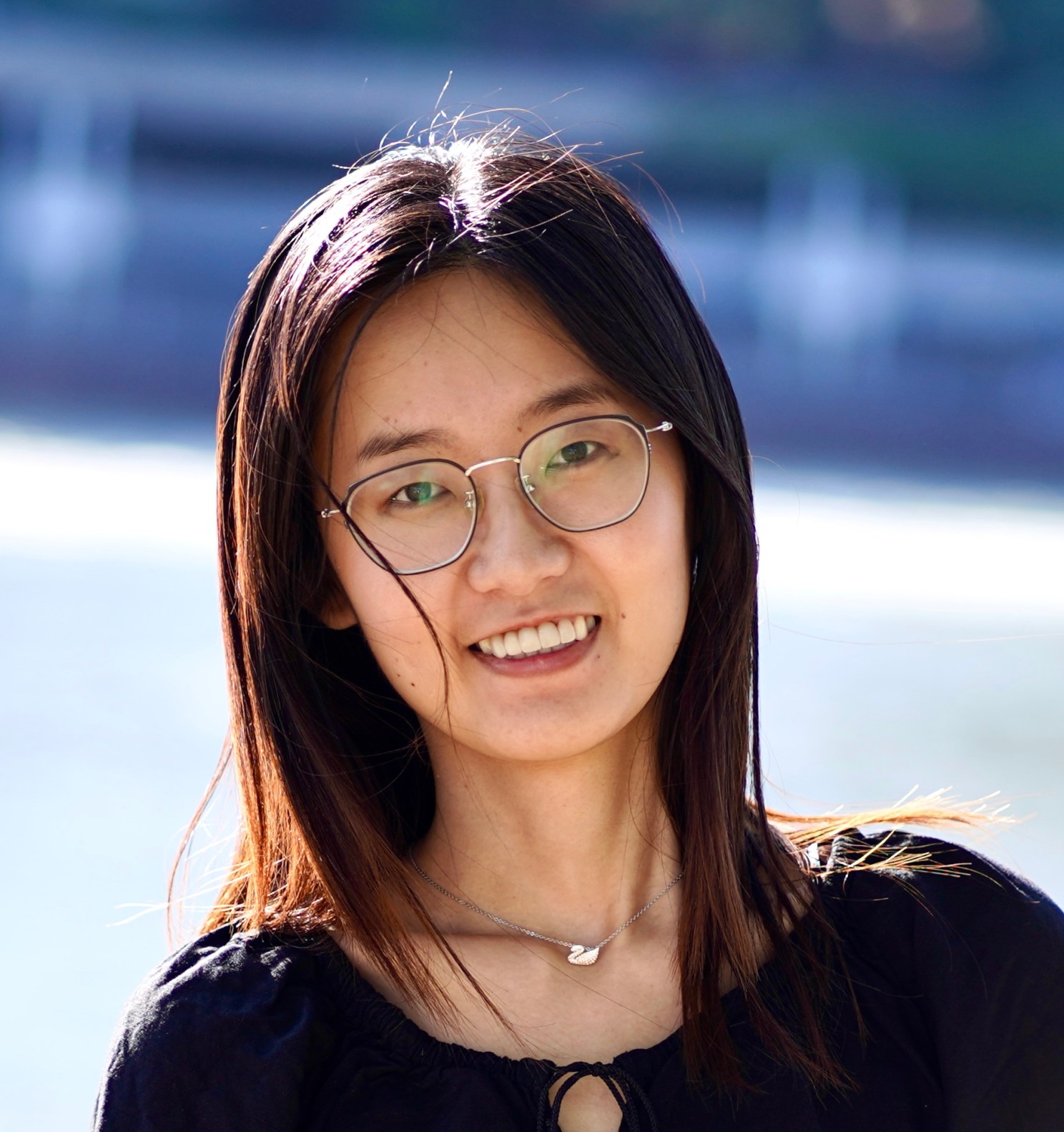Qianqian Wang, an expert in computer vision, to join Kempner Institute, SEAS

Qianqian Wang, who will join Harvard’s Kempner Institute and SEAS in fall of 2026, will bring expertise in teaching computers to see and interpret a 4D world.
The Kempner Institute announced Monday the appointment of Qianqian Wang, who will join Harvard as Kempner Institute investigator and assistant professor of computer science at the John A. Paulson School of Engineering and Applied Sciences (SEAS).
At Harvard, Wang will explore the future of human vision: how machines can learn to see, understand, and interact with the world like humans do. “Dr. Wang’s research is at the forefront of enabling machines to perceive the world as we do — not as a static image, but as a dynamic 4D environment of space and time,” said Sham Kakade, Kempner Institute co-director and Rampell Family Professor of Computer Science and professor of statistics at SEAS. “Her pioneering work is fundamental for building the next generation of intelligent systems that can learn, navigate, and interact safely in our constantly changing world.”
“Qianqian Wang’s research has led to major advances in computer vision, specifically in the central challenge of reconstructing our three-dimensional world from the two-dimensional images we get from cameras — and from our eyes,” said Stuart Shieber, area chair for computer science and James O. Welch Jr. and Virginia B. Welch Professor of Computer Science at SEAS. “We are fortunate to have Qianqian join our AI and machine learning initiatives in the computer science program and we look forward to her impactful contributions to our teaching and research efforts in computer vision, graphics, and artificial intelligence.”




